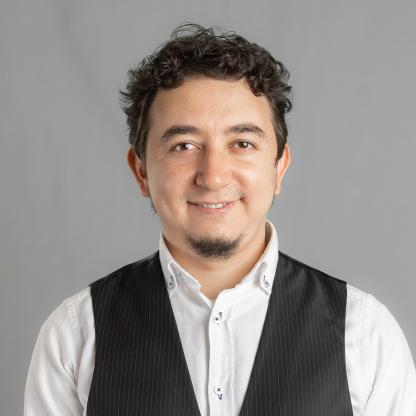YUSUF BİÇER
Mapping Hydrogen Futures: Competitiveness and Eco-Trade Scenarios
Abstract
This study introduces a novel hydrogen export competitiveness index to assess the potential of countries in the evolving hydrogen market. By integrating 21 indicators across four key areas—resource availability, economic and financial potential, political and regulatory framework, and industrial expertise—this comprehensive index was crafted through extensive expert consultations and surveys to ensure accuracy and relevance. The analysis identifies the United States, Australia, Canada, the United Kingdom, China, Norway, India, Russia, the Netherlands, and Germany as leaders, positioning them as pivotal players in hydrogen export. The paper ranks countries and provides policy recommendations to enhance their hydrogen economy.
Furthermore, the paper delves into the dynamics of global hydrogen trade through an agent-based model, illustrating various scenarios, including clean hydrogen transition and the strategic selection of trade partners based on environmental criteria. The results underline the delicate balance between economic, environmental, and geopolitical factors in the hydrogen market’s development, projecting a significant rise in hydrogen demand and production by 2050. This anticipated growth underscores the need for innovation and policy adjustments to mitigate challenges like production costs and demand fulfillment, fostering a sustainable and secure energy transition.
Biyografi
Dr. Yusuf Bicer is an associate professor of the Division of Sustainable Development in the College of Science and Engineering at Hamad Bin Khalifa University in Doha, Qatar. His research area focuses on solar energy utilization in various processes through innovative approaches, development of renewable-based integrated energy systems, and clean fuel production, including hydrogen and ammonia.
Dr. Yusuf Bicer received his Ph.D. in mechanical engineering from the University of Ontario Institute of Technology in Oshawa, Canada (2017). He completed his BS in Control Engineering (2012) and a master’s degree in Energy Science and Technology (2014) at Istanbul Technical University, Turkey. His Ph.D. thesis focused on photoelectrochemical-based hydrogen and ammonia production options.
